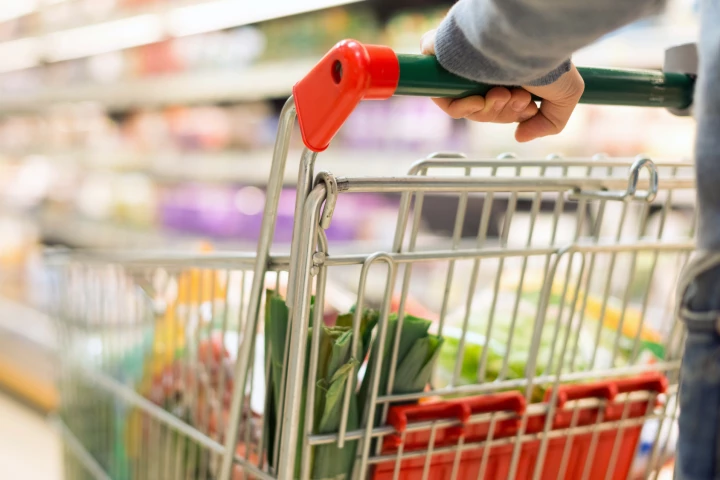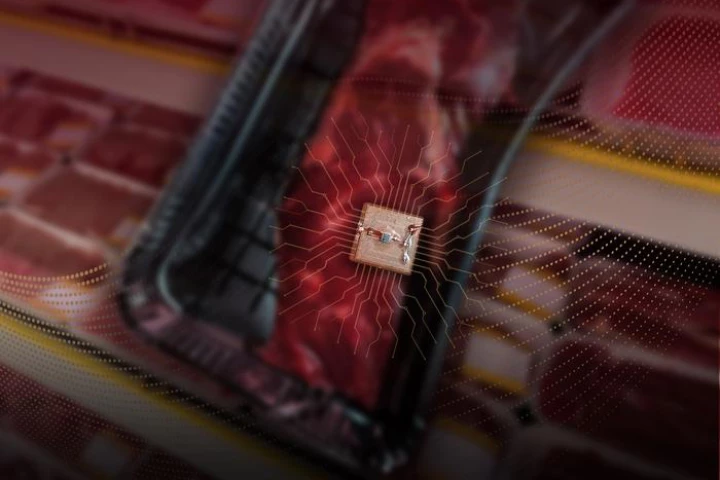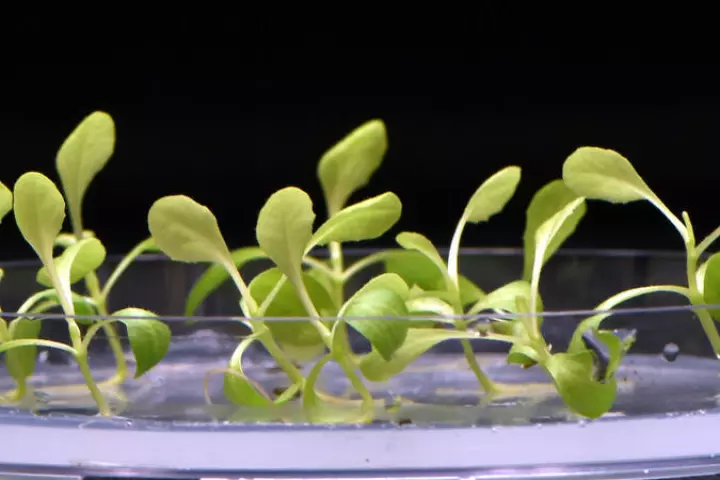Food security
-
New research has compared whether food waste is reduced more by consumers who are driven by sustainability or those driven by nutrition and health. The study highlights the need to reconsider our approach to addressing the issue of food waste.
-
Scientists have identified new gene modifications that can make tomatoes and eggplants grow bigger, which could help boost yields in developing countries.
-
There's a perception that plant-based diets are more expensive, but a new study is challenging that. This data suggests that a low-fat vegan diet can slash 19% off your food-shopping bill, saving you around $1.80 per day, more than $650 a year.
-
You may not want to meet a live one, but would you swap out steak for snake? These 'danger noodles' have been tabled as a high-protein, low-fat food source, and a more sustainable meat option. It sure changes the meaning of the phrase 'snake bite'…
-
A new report suggests that implementing medically tailored meals and produce prescriptions nationally in the US would not only improve health and be highly cost-effective but would also save healthcare costs by addressing diet-related chronic illness.
-
Good Meat's cultured chicken has been on sale in Singapore since late 2020. Now, the company has announced that it's cleared all regulatory hurdles in the US and will offer its product at a Washington, DC restaurant in short order.
-
Researchers have developed a tiny sensor that monitors the freshness of protein-rich foods like meat, chicken and fish in real time and sends the data to your smartphone. The device has the potential to transform food safety and security worldwide.
-
Globally, micro- and nanoplastics and plastic additives are widespread across our food supply. While we have an understanding of how they get there, there remains a massive gap in what we know about their effects on our health.
-
Scientists have delved into the makeup of a fungus species and discovered a novel compound with some promising cancer-fighting qualities, while also serendipitously unearthing a new crimson dye with good food preservation potential.
-
Scientists have improved on the natural process of photosynthesis, not only growing plants more efficiently, but doing so in the dark. This could expand agriculture to areas that don’t get enough sunlight, and even help feed future space explorers.
-
Scientists working to improve crop yields in the face of climate change continue to demonstrate how CRISPR could be pivotal, and a new study shows how the technology can be used to produce a mutant species of barley that sprouts at the right time.
-
Agriculture requires huge amounts of land and resources, and as the human population grows our food supply will be put under increasing stress. But a new study shows that farming protein from microbes could be a far more sustainable and efficient system.
Load More











